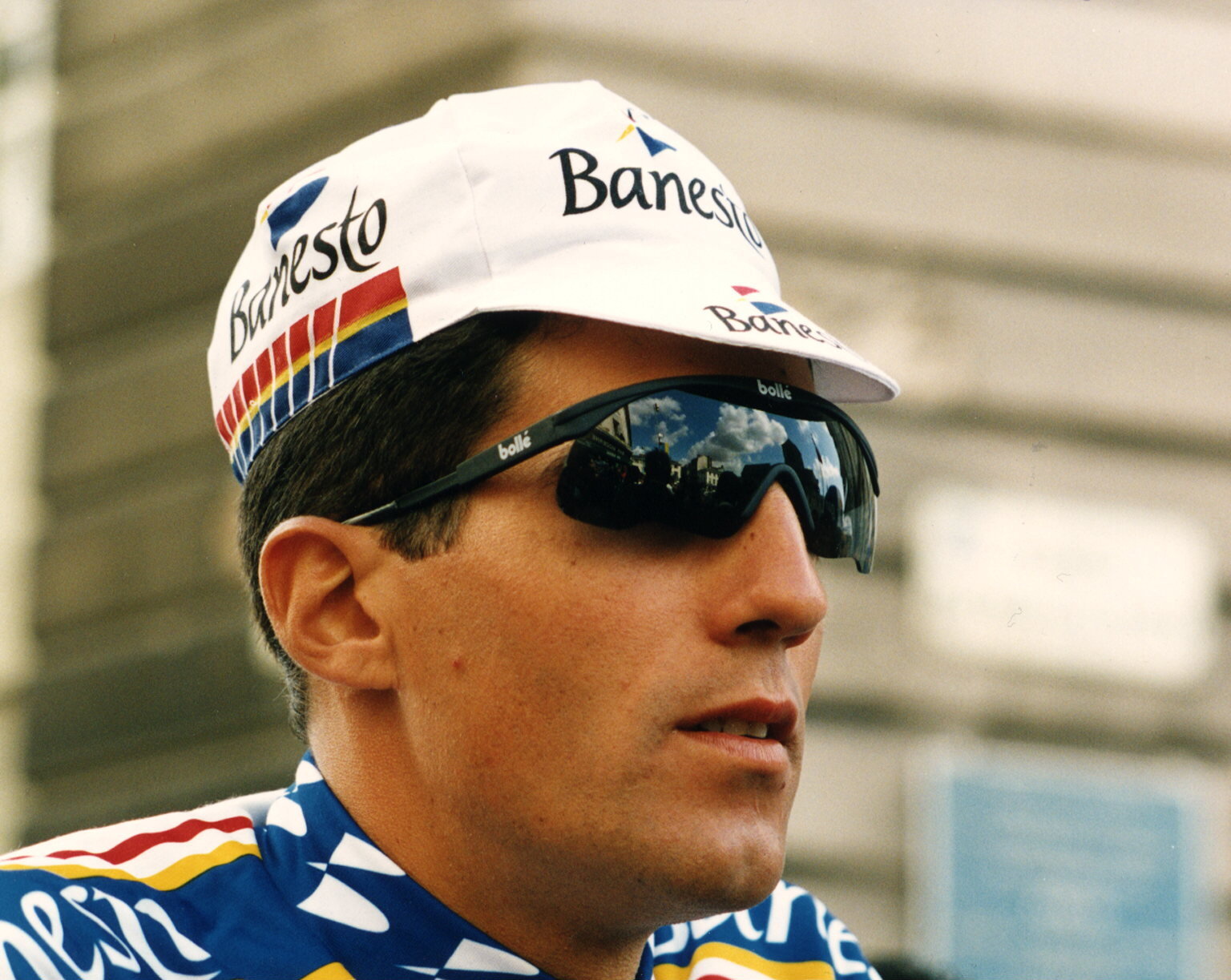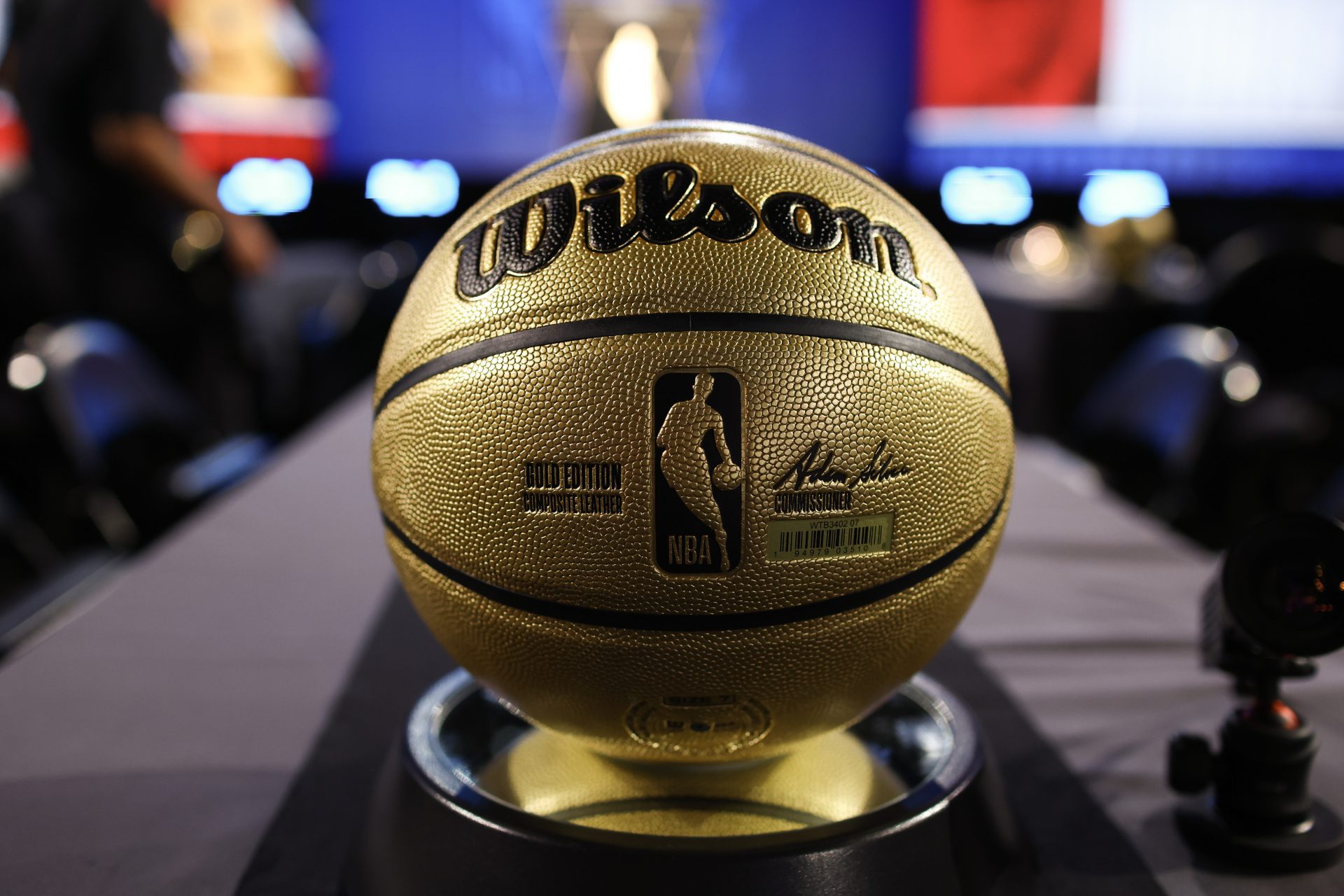From Olympic hero to disgraced drug cheat: The rise and fall of Ben Johnson
Ben Johnson was a Canadian sprinter who held the title of the world's fastest man, breaking both the 100m and 60m indoor world records.
From slim build to muscular, the end of the 80s saw Johnson dominate athletics, winning the 1988 100m Olympic gold before testing positive for steroids.
Let's look at the rise and fall of Canada's most promising athletes!
After emigrating from Jamaica in 1976, Johnson teamed up with coach Charlie Francis, rising to international success in 1982, winning two silver medals in the 4x100m and 100m at the Commonwealth Games.
With medal success in the Commonwealth Games and the World University Games, Johnson competed at the 1984 Olympic Games, securing a bronze medal in the 4x100 and 100m sprint and finishing behind future nemesis Carl Lewis.
After several losses against Carl Lewis, Johnson finally beat him at the Goodwill Games, recording his best legal 100m sprint time of 9.95 seconds in 1986.
As well as the Goodwill Games gold in 1986, Johnson won gold in the 1985 60m sprint World Indoor Championships, gold in the 100m sprint at the 1985 IAAF Continental Cup, and two golds at the 1986 Commonwealth Games in Edinburgh.
His success of being the fastest man over 60 meters (6.5 seconds) and breaking the Canadian, Commonwealth, and World Cup 100m records earned him the 'Order of Canada' award.
Johnson beat rival Carl Lewis for a fourth time in a row and famously dismantled him at the 1987 World Championships, posting a new record of 9.83 seconds in the 100m (later to be disqualified).
According to sports.yahoo.com, after the race, Lewis said: "There are a lot of people coming out of nowhere. I don't think they are doing it without drugs."
According to adriansprints.com, at the height of his powers in 1987, Ben Johnson was making $480,000 a month through endorsements.
Johnson won the 1988 100m Olympic gold in Seoul, beating his previous World record in 1987 after finishing with a time of 9.79.
The Olympic Doping Control Center found that Johnson's urine sample contained Stanozolol, disqualifying him from the gold medal.
Johnson lost his gold at the 1987 World Championships and the World Indoor Championships but argued he only did steroids because everyone else was. Out of eight runners in the 100m sprint at the 1988 Olympic games, only two were found clean of drug use.
At the Canadian Government investigation on drug abuse (Dubin Enquiry), Johnson and his coach admitted he had been doing steroids since 1981, meaning his best clean 100m sprint was 10.25 when he was a teenager. No further medals were taken from him.
Once his ban had finished in 1991, lasting two years, Johnson started competing again. However, in 1993, the Canadian was banned for life by IAAF, being found to have excessive testosterone abuse in a 50-meter sprint win in France.
After competing, Johnson famously became a personal trainer for Diego Maradona and Al-Saadi Gaddafi, the son of former Libyan leader Muammar Gaddafi.
More for you
Top Stories






























